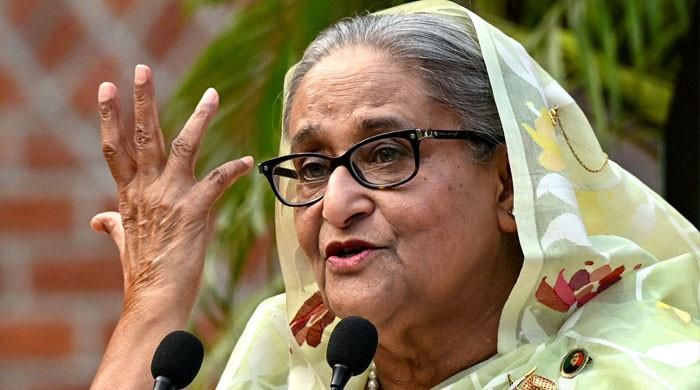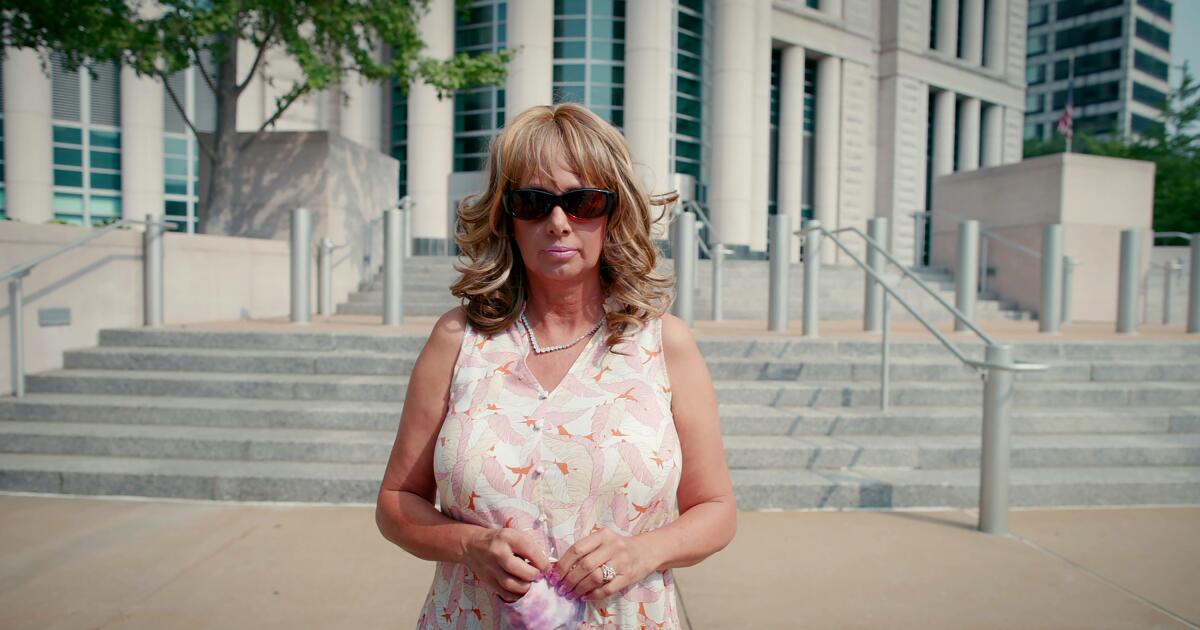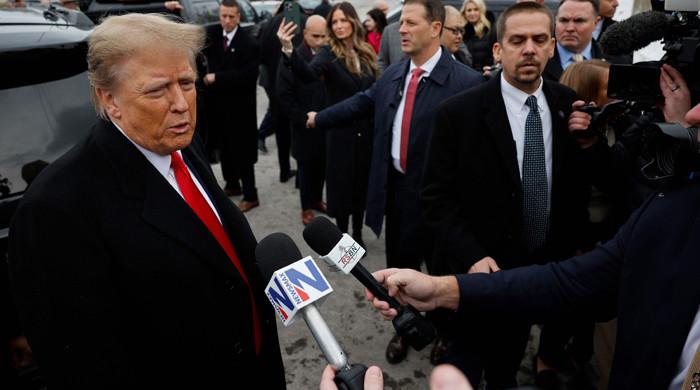One of the biggest challenges of any revolution is not simply the change of ruler or system, but sustaining the change or the revolution itself. Recent events in Bangladesh were predictable; the authoritarian rule of the ousted prime minister, Sheikh Hasina Wazed, was already in sight.
More than 300 people were killed, 90 of them a day before the army chief, General Waker-Uz-Zaman, who took office just a month ago, asked him to step down. He has promised an interim term, but it is unclear how long that will last or when the country will return to a new democratic path.
Historically, student uprisings in Bangladesh, even before its independence in 1971, have often led to change. Sheikh Hasina, who had participated in such movements in the past, should have seen them coming. She should also have learned from the downfall and subsequent assassination of her father, the country’s founder, Sheikh Mujibur Rahman, in 1975.
She could have handled the protests against the “employment quota system” like any other national issue, but instead she treated it as an anti-government movement, which it ultimately turned out to be, leaving her with no one to blame but herself.
University and student movements have played a decisive role in bringing about change around the world, particularly in South Asia. From Iran and Afghanistan to Sri Lanka and Pakistan, student political activism has made history. Dhaka University, in particular, has played a historic role in shaping the political landscape of Bangladesh, including its own creation. The Iranian revolution of 1979 began at Tehran University, and similar changes in Afghanistan began at Kabul University. In Pakistan, activism on university campuses played a key role in the 1953 student movement and the agitation against Ayub Khan.
Someone like Sheikh Hasina should have known that her father, Sheikh Mujibur Rahman, was a product of the student movement. Unfortunately, she adopted the style of a dictator and crushed her political opponents, be it former Prime Minister Khaleda Zia and her party or Jamaat-e-Islami, which she banned a few months ago after executing some JI leaders for their alleged role during the 1971 crisis.
In the past, Bangladesh experienced martial law before the country returned to democracy. But democracy, by definition, is the will of the people. If the people have the power to bring you to power, they also have the power to overthrow you, either through elections or sometimes through street power.
Every popular movement is deeply linked to public issues, often related to economic crises, lack of jobs or injustice. Sheikh Hasina's recently adopted policy on job quota created unrest as people, particularly students belonging to the middle class, were opposed to it and wanted better reforms. She mishandled a simple issue and was confident that she could handle the “handful” of opponents. She was proved wrong and instead of realising that the situation was getting out of hand, she started using brute force, banning social media and the internet and putting journalists behind bars.
The army allowed him to arrange his exit and departure from Dacca as they did not want a repeat of 1975. But now he is gone and enjoys living in exile for God knows how many years. Politics is a game of chance and it is now up to the new interim government and the future government, which should be there through elections, not repeat the mistakes of Sheikh Hasina or her party, the Awami League. Instead, the first and foremost task of the interim government is to address the main issue of the “employment quota”, which led to this move. If the new ruling regime, whether interim or formed through elections, adopts the policy of political victimisation as Sheikh Hasina did, the situation could lead to further chaos.
So it remains to be seen how long it will take until the country calls for fresh elections after the formal launch of an interim system. It may be Bangladesh's most unpopular policy at present, but in politics, a few serious mistakes could turn the tide, something the country's new rulers must be aware of.
In a country like Pakistan, where political and economic uncertainty is the only certainty, there is much to learn. About 40 years ago, one of Pakistan’s longest-ruling military dictators, General Ziaul Haq, banned student unions and as a result, campuses became breeding grounds for extremists and society became depoliticised, leading to a chaotic Pakistan.
Pakistan's ruling elite must realise that banning the media and dissenting voices, jailing political opponents and trying to ban popular political parties will not solve the crisis. We may not see anything like what happened in Sri Lanka or Bangladesh or anything like the Arab Spring, but the situation here is much more serious than what we have seen on the streets of Dhaka.
Here, protest politics has replaced street agitation like the one we witnessed in 1977 and to some extent 1983. Be it Imran Khan’s 2014 protest against alleged fraud or Jamaat-e-Islami’s against rising power prices and unbearable increases in electricity bills, the growing political unrest in the tribal belt of Khyber Pakhtunkhwa (KP) and Balochistan and the rise in terror attacks are far more disturbing.
The March 2022 no-confidence vote against former Prime Minister Imran Khan, though constitutional, was successful only with the help of the then Army Chief General Qamar Javed Bajwa. The “change” did not bring about a positive turn, and the unpopular Pakistan Tehreek-e-Insaf (PTI) regime and Imran Khan quickly became the most popular. It was a political mistake that eventually led to the election mandate of February 8, 2024 in favor of the PTI. Despite the change of government in 2022 and even after the new government in 2024, we have not been able to get out of the crisis as the current rulers are facing a serious credibility problem.
Political stability leads to economic stability, and respect for true democratic values is essential, whether in Bangladesh or Pakistan.
What does the future hold for Bangladesh? For General Zaman, the new army chief, the best option is to return to the barracks after forming an interim government and supporting the new regime in the democratic process. The next 90 days will be crucial for the formation of the interim government, which should lead to the final return to full democracy.
For Sheikh Hasina, it is time to learn from the mistakes and blunders she has made in her long political career, both as the country's prime minister and as leader of the Awami League.
The writer is a political columnist and analyst for GEO, Jang and The News.
X@MazharAbbasGEO












